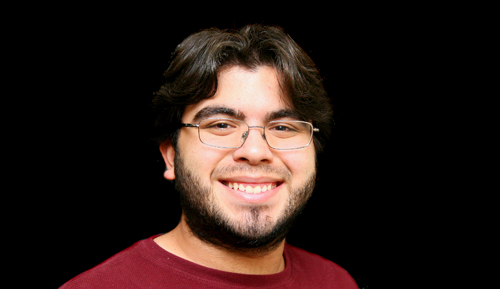When I think about it, the first thing that comes to mind is the red dirt.
It was everywhere; this provincial town, like many forgotten towns of the world, had no paved roads. The red dirt floated into the air and formed a coating over your clothes; indeed, it added a third layer of skin to your body.
Similarly, it was the external layer of the children’s feet, who spent their days running around all over the town, heading to the lake, the soccer field, or the basketball court across the highway —barefoot. Their motivations were no more complex than those of any child: to play.
I am speaking of the town called Puerto Mado, located in the province of Misiones in Argentina. I first set foot on its dirt roads three years ago, as a high school senior who, among other students, was to spend his Christmas not in his home but in one of the troubled countries of the world.
There are faces, too; names and stories. There was Colombina, the woman who worked her day through with seven children, a baby on her lap and her two parents. Her mother, who lived with her, was blind and almost deaf. Her skin was wrinkled and her movements slow and weak; yet when she recognized you she put her withered hand on your forehead and said, “May God bless you.” She was 65 years old.
There was Manuel, who at the time was eight years old, and had three siblings who ran around and were like little monkeys, as kids at that age tend to be. He would always come up to us wanting a piggyback ride. He was especially fond of the girls in our group. But so were all the other children, who brought the girls flowers and letters, flourished with elementary-school handwriting: “Thank you,” “I really like you,” “You are like a sister to me.”
Then there was Alfredito, the young teenager whom, after a fight with his mother, flung himself into my arms and cried for minutes that seemed like hours.
During that week, all these encounters were creating something in me. It was a discovery of self — of humanity and of love, my own and everybody else’s. Unbeknownst to me, my heart was moving to unexpected places. A decision was taking place.
Today, three years later, I think I can articulate that decision. It was a firm resolve to always side with those who are oppressed, either by a complex series of external forces, or by themselves. It was a decision to reach out to the ignored and the abandoned, and give them a hand.
I found out that the heart that beats inside of me had a new layer. It was a layer that would affect each of its pulsations and thoughts. It was a thin layer of red dirt.
The struggle never ends.






